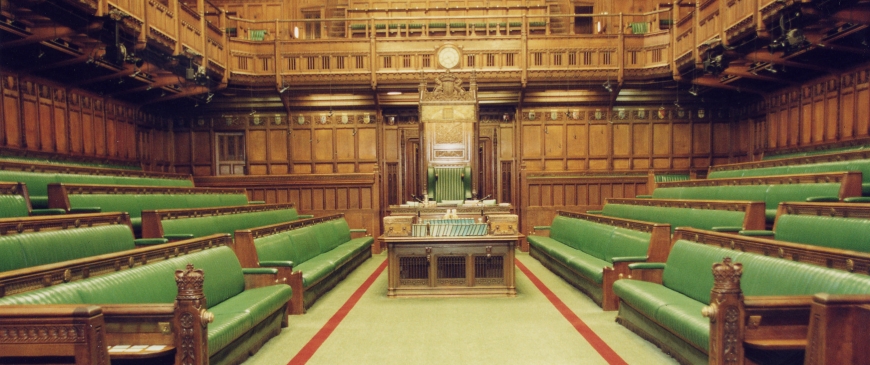
Britain’s Eurosceptic ground zero
The British government complains that national parliaments have too little influence over what happens in Brussels. In reality, the House of Commons is failing to use the influence it has. Scrutiny of EU rules should be a serious responsibility, as important as holding the Treasury or the Ministry of Defence to account. Instead, MPs have relegated the job to a committee that few except dedicated Euroskeptics want to serve on, and which the government frequently ignores.
On Tuesday, the Commons European scrutiny committee will meet for the first time since the May general election. It will elect a chair who together with his 15 colleagues will oversee the government’s European policy. Each year the committee sifts through more than 1,000 EU documents, some very complex. EU rules, whether on the environment or financial services, have significant effects on British families and companies. MPs ought to see service on the scrutiny committee as an important duty.
Commons statistics suggest that they do not.
The overall attendance rate for the European scrutiny committee in the last parliamentary session was 48.7 percent. Some members did not attend a single meeting.
The MPs’ priority is to look after their constituencies. They think their voters would punish them for “wasting” time on EU affairs. So membership of the European scrutiny committee is less attractive to MPs than a membership of one of the departmental committees which shadow Whitehall departments. MPs on those committees get more publicity than members of the European scrutiny committee.
This lack of interest in the EU has benefitted the Euroskeptics from both sides of political spectrum. They have been among the most active participants in committee meetings. Veteran Euroskeptic Sir Bill Cash chaired the committee from 2010 to 2015 and is likely to be reelected Tuesday.
The previous coalition government did little to confront Euroskeptics in the Commons.
David Cameron is said to have tried and failed to block the election of Cash as chair of the European scrutiny committee in 2010. Ever since, the government has been reluctant to debate European issues in Parliament. Between January 2014 and February 2015 the European scrutiny committee requested eight debates on European matters on the floor of the house but only two took place.
Britain deserves a better system, to enable frank debate of Europe in Parliament. Rather than being reflexively Europhile or Euroskeptic, MPs should learn how the EU works and how it affects (or not) Whitehall departments. Then the U.K. might have a properly-informed referendum campaign instead of one based on myths and misunderstandings.
If the government and MPs really want Parliament’s voice to be heard in Brussels, there are several steps they can take. Commons departmental select committees should examine EU draft legislation in their areas of responsibility. In the last parliament, EU affairs were largely left to the European scrutiny committee, and only two departmental committees appointed EU rapporteurs to liaise with the scrutiny committee on EU draft legislation.
The prestige of the EU scrutiny committee should be raised. In particular, the Commons should change the procedure for electing the chair of the committee. He or she should be elected by the entire house, as the chairs of all the departmental select committees are, rather than only by the members of the committee. A directly elected chair would enjoy a greater authority among MPs. Such a reform could make membership of the committee more attractive to MPs with a wider spread of opinions. And if the committee were seen as more representative of the whole spectrum of MPs’ views on the EU, then the government would have more reason to allocate time for debates when the committee asked for them.
Unfortunately, this time the Commons has not so far seized the opportunity for reform. But if Britain votes to stay in the EU, MPs should look again at how Westminster handles EU business. The need for the Commons to examine what Ministers agree to in Brussels will not disappear after a referendum.
Agata Gostyńska-Jakubowska is a research fellow at the Centre for European Reform. Read her full policy paper here: A ten-point plan to strengthen Westminster’s oversight of EU policy.
